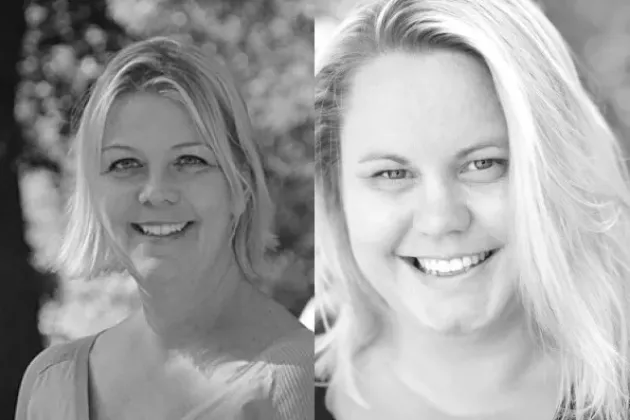Project: All Aboard!? A multi-level analysis of societal security and preparedness in Sweden and Norway
Abstract
Russian tanks rolling over the Ukraine border on February 24, 2022, catapulted military security issues back to top priority on the political agendas and awoke government agencies to new planning realities. Public awareness of war arose even in Scandinavia, where people normally never contemplate the idea of attacks from antagonistic actors. The question remains, however, how in sync the state and the society are in relation to societal security and preparedness?
This project seeks to answer this question by proposing a multi-layered approach that examines how three different levels –the political elite, government agencies, and the general public in Sweden and Norway– frame and act to handle the rising threat. The project makes a contribution by forming an analytical framework that draws from theories on securitization, gender, and social and political psychology, that allows for researching processes and interactions at the three levels of analysis.
The project then employs a mixed methods design, combining discourse analysis, process tracing, interviews, surveys, and experimental studies to empirically examine how actors interact and influence each other in their threat framing, and whether framing and responses between levels are in congruence or are conflictual. We argue that to reach a comprehensive societal security and preparedness in times of new geopolitical challenges, it is necessary that all actors and levels are aboard.


